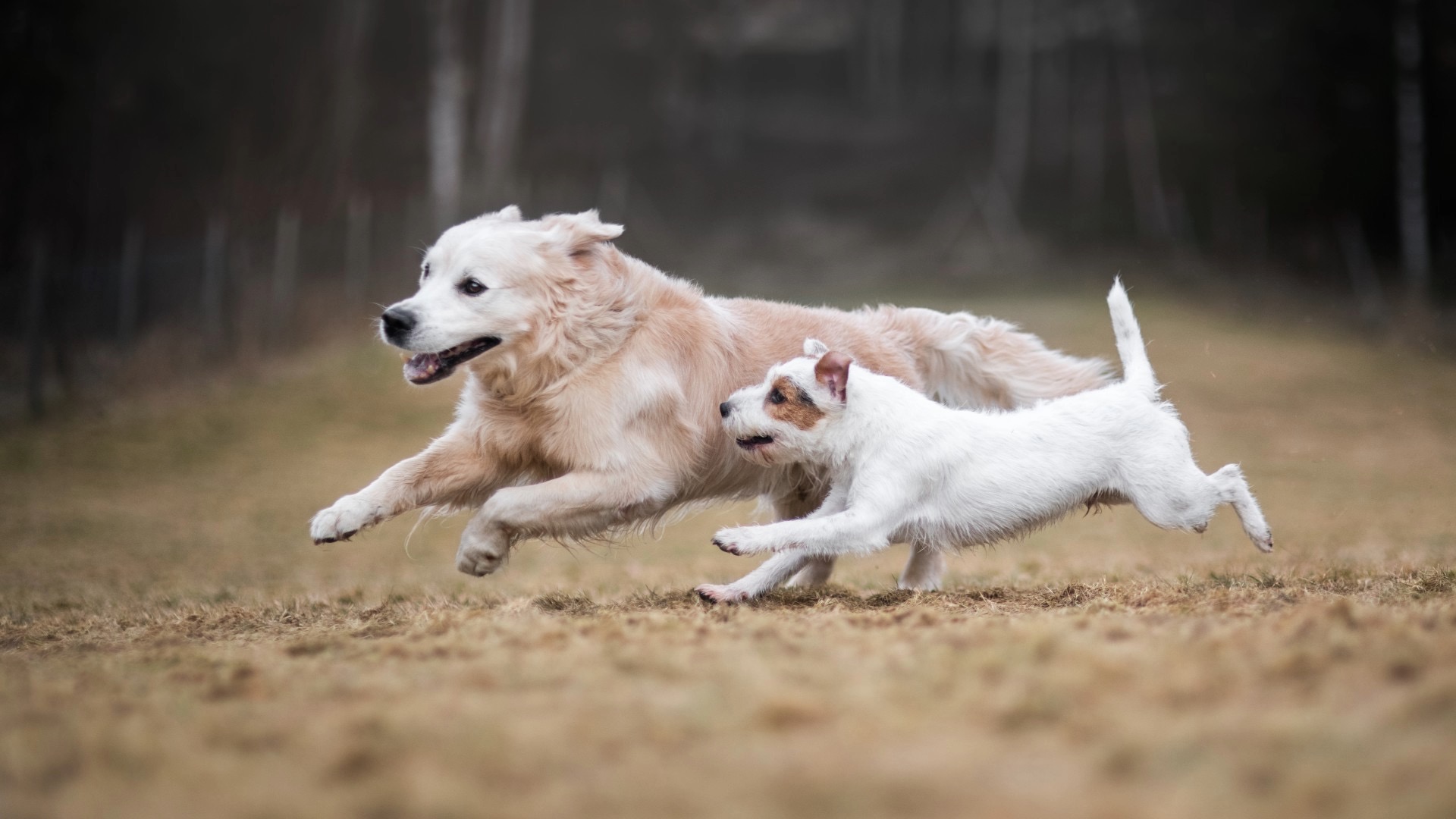
All dogs need socialization, but it can be more difficult to socialize some dogs than others. This might be down to any number of reasons, but one common reason is that your dog is fearful, scared, or unsure.
This does not mean that you can’t socialize your pup, but it might mean that you need to be more patient or try some slightly different things than you would with a dog who doesn’t appear as fearful, and make sure you have some of the best dog treats too.
In a recent video, certified dog trainer Melissa Goodman of Mission Pawsitive has explained how you can socialize a fearful dog, and we think that her advice is worth trying!
If your dog has had little exposure to the world around them, a lot of things might scare or spook them, even things that many dogs wouldn’t think twice about. Perhaps they’ll bark at seemingly innocuous things – here are three reasons why your dog barks at everything (and how to stop it).
So, when outside with your dog, rather than going on a long walk straight away you might like to simply sit down with them, pairing these scary new things with some delicious treats as you watch from a distance.
In the video, Goodman is socializing a Bernedoodle puppy, Rosie, who arrived at her forever home just over a week before filming. After Rosie got scared by the mail truck driving past, she explains that they then began to walk, following the mail truck so that it was moving away from Rosie instead. Rosie sat between Goodman’s legs for some extra support, something which she was happy to give her – if you give your pup this support and reassurance through socialization, it’ll help them to feel more comfortable.
“Everything is new,” Goodman explains in the caption, “So everything she sees and hears is something I pair with food to start building positive associations. She will get there, but it will require a lot of patience and taking things slow.”
She goes on to say that a dog’s primary socialization window is when they’re between eight to 16 weeks old, with the life experiences they have here having large long-term effects on them. However, it is still possible to socialize an older dog – you may just need more time and patience.
Goodman finishes, “Generally speaking, giving the dog all the right experiences is crucial, but also keep in mind that genetics can play a big role as well.”
If you’re trying to socialize an older rescue dog, you might find this article useful: I tried everything to help my nervous rescue dog settle in — here’s what actually worked.







